Parkinson's Disease Reaction Time
Parkinson's disease reaction time. The bilateral or generalised prolongation of reaction. Reaction time of patients with Parkinsons disease with reference to asymmetry of neurological signs. A few patients showed an increase of short-latency reflexes when relaxe.
A quantitative analysis of past studies reveals that a parkinsonian reaction time deficit is more likely to be present in tasks that controls can perform with a fast reaction time. Prolongation of RT is relatively slight while MT undergoes more substantial and consistent disturbance. Yokochi F Nakamura R Narabayashi H.
Prolongation of RT is relatively slight while MT undergoes more substantial and consistent disturbance. Altered Inhibitory Mechanisms in Parkinsons Disease. Evarts EV Teräväinen H Calne DB.
SUMMARY Tenpatients with Parkinsons disease performed a simple reaction time task in which onhearingatone theypressedabuttonwiththeleft thumbInthefirst experimenttonessometimes occurredunannouncedandat othertimeswereprecededbybetween0and3200msbyawarning signal. Electromyographic responses of triceps surae and tibialis anterior produced by dorsiflexion stretch were studied in 17 patients with Parkinsons disease. Study since EMG-reaction times were utilised instead ofmechanical reaction times.
Both reaction time and movement time tend to be prolonged in Parkinsons disease but they are often impaired independently of each other. Although the motor signs of Parkinsons disease PD are well defined nonmotor symptoms including higher-level language. This paper presents evidence in support of a serial reaction time SRT deficit associated with Parkinsons disease and related to the acquisition or execution of serial-order information.
Further analyses indicated that for the frontally-impaired Parkinsons group information processing and automatic functions were unimpaired but there was a generalised slowing as reflected by increased baseline response time which may represent a non-specific global cognitive impairment. Most patients showed increased muscular activity when attempting to relax. More than 75 percent of those living with Parkinsons report having issues with their sleep.
Parkinsons disease is found to cause a consistent deficit in simple reaction time. Both reaction time and movement time tend to be prolonged in Parkinsons disease but they are often impaired independently of each other.
This finding has been interpreted as a deficit in motor preprogramming but could involve other factors such as attentional focussing and stimulus predictability.
Parkinsons disease is found to cause a consistent deficit in simple reaction time. A quantitative analysis of past studies reveals that a parkinsonian reaction time deficit is more likely to be present in tasks that controls can perform with a fast reaction time. Electromyographic responses of triceps surae and tibialis anterior produced by dorsiflexion stretch were studied in 17 patients with Parkinsons disease. Within Parkinsons disease the neurotransmitters slow and decay leading to slower processing of information resulting in increase of reaction time. Reaction time in Parkinsons disease. It gets worse over time. By contrast the frontally impaired Parkinsons group responded significantly more slowly than the controls. Choice RT and kinaesthetic RT do not have any advantage. This finding has been interpreted as a deficit in motor preprogramming but could involve other factors such as attentional focussing and stimulus predictability.
Altered Inhibitory Mechanisms in Parkinsons Disease. Choice RT and kinaesthetic RT do not have any advantage. Thesecond experimentwasidentical to the first except that the subject hadsimultaneously. Although the motor signs of Parkinsons disease PD are well defined nonmotor symptoms including higher-level language. Reaction time in Parkinsons disease. Prolongation of RT is relatively slight while MT undergoes more substantial and consistent disturbance. Theprolonga-tion observed in Parkinsonian patients could be caused bythe delayed information processing in the central nervous system.

















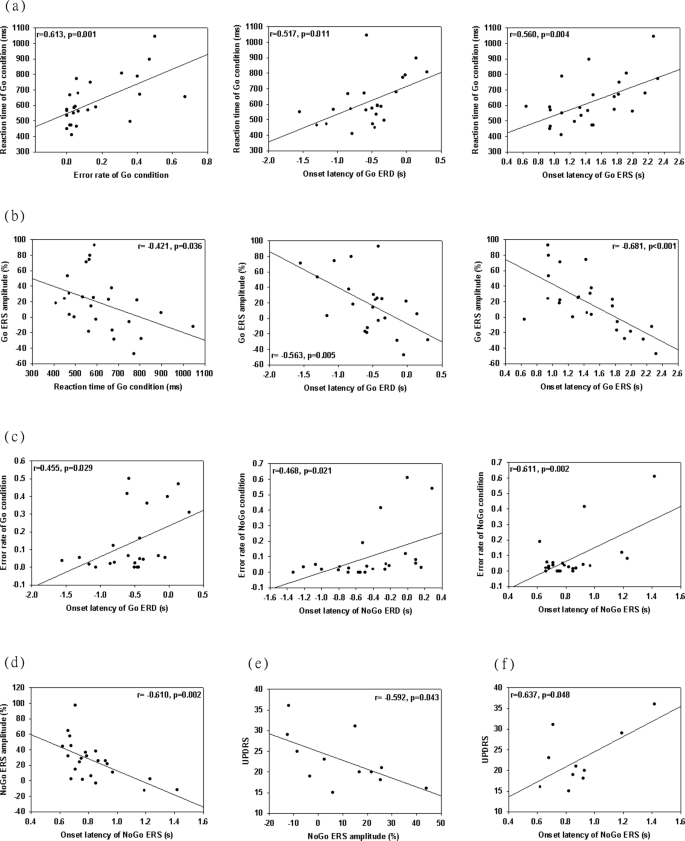
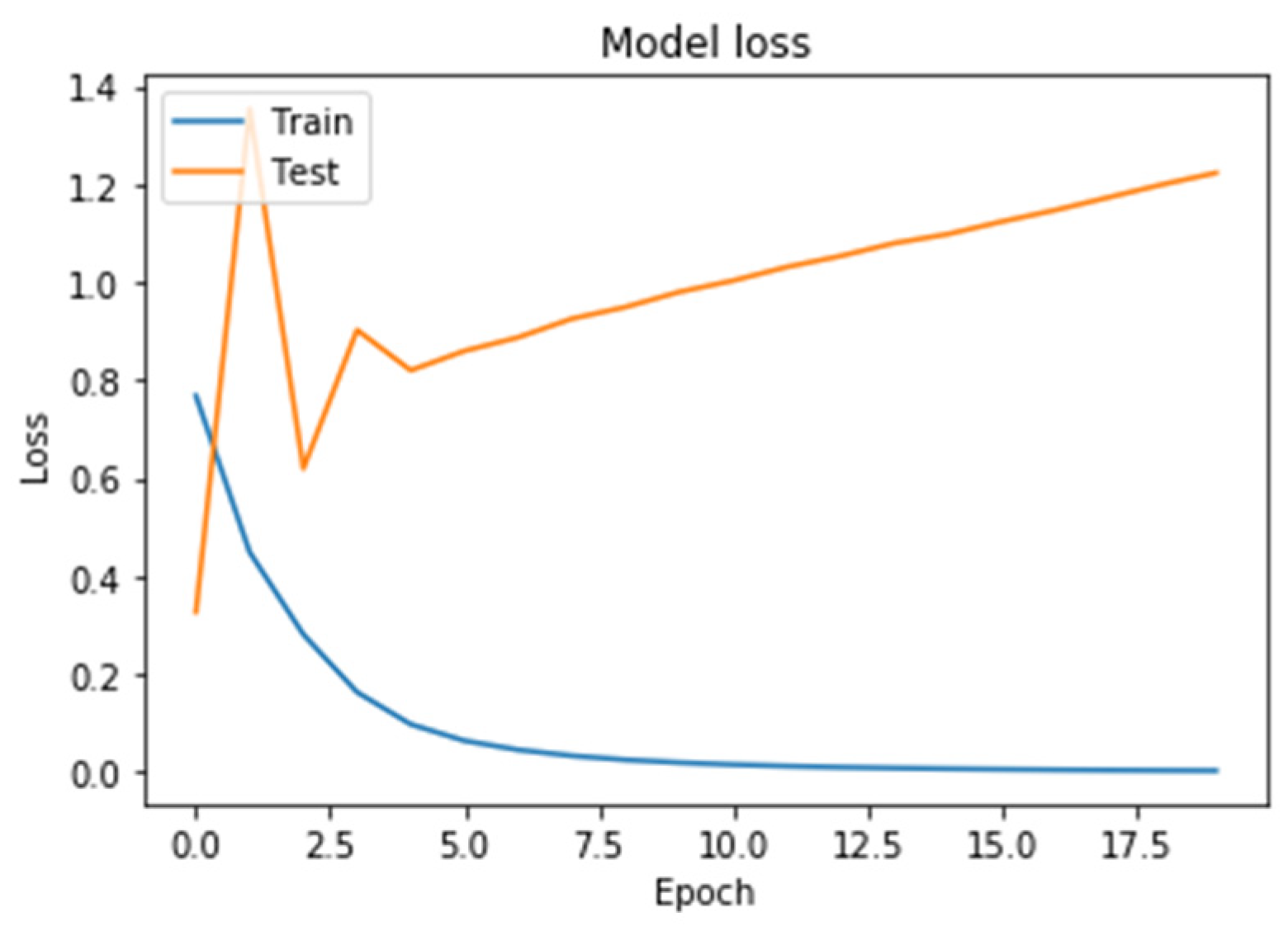


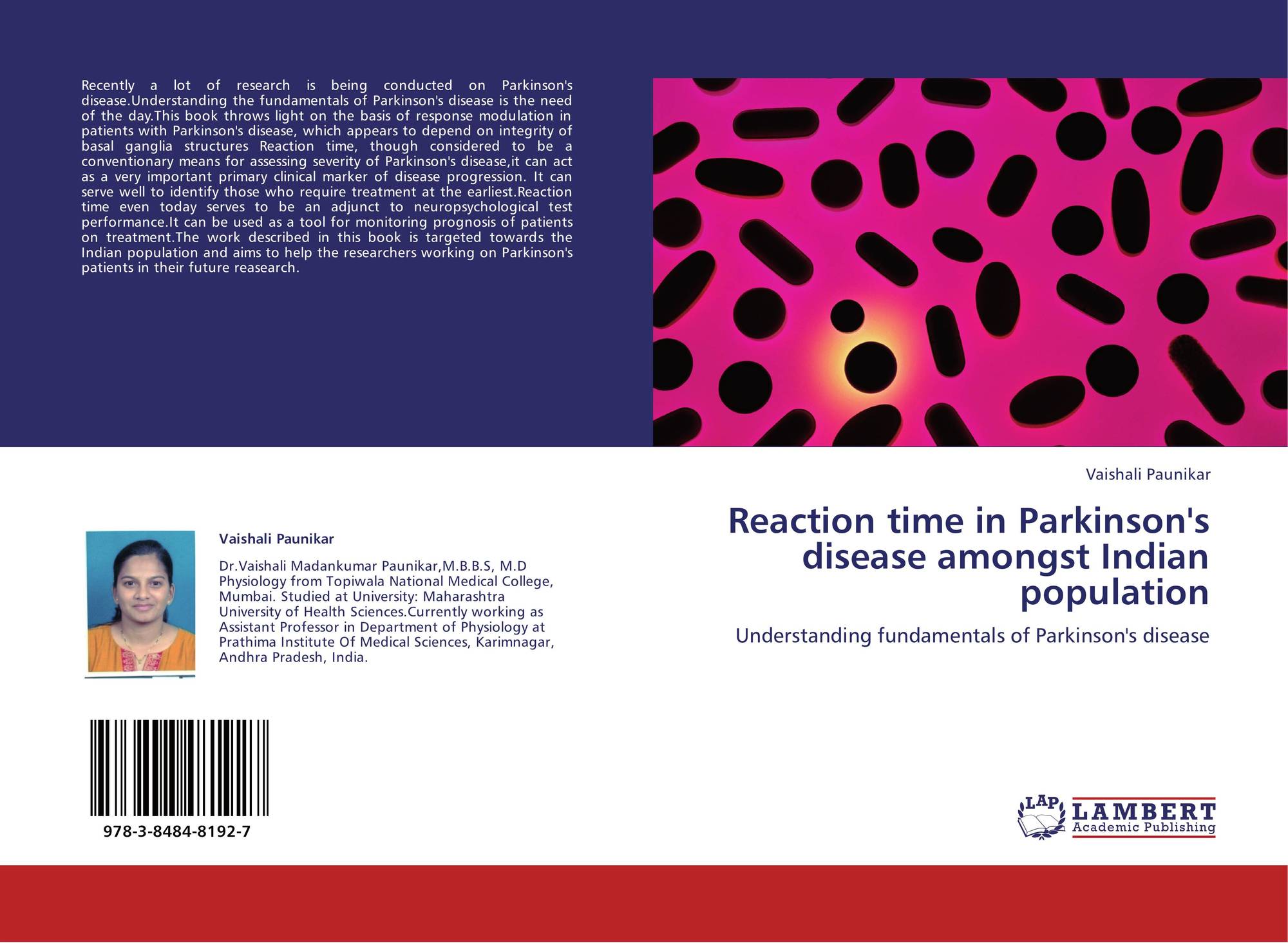
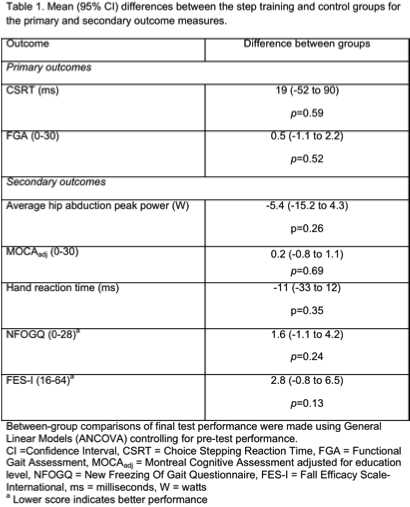





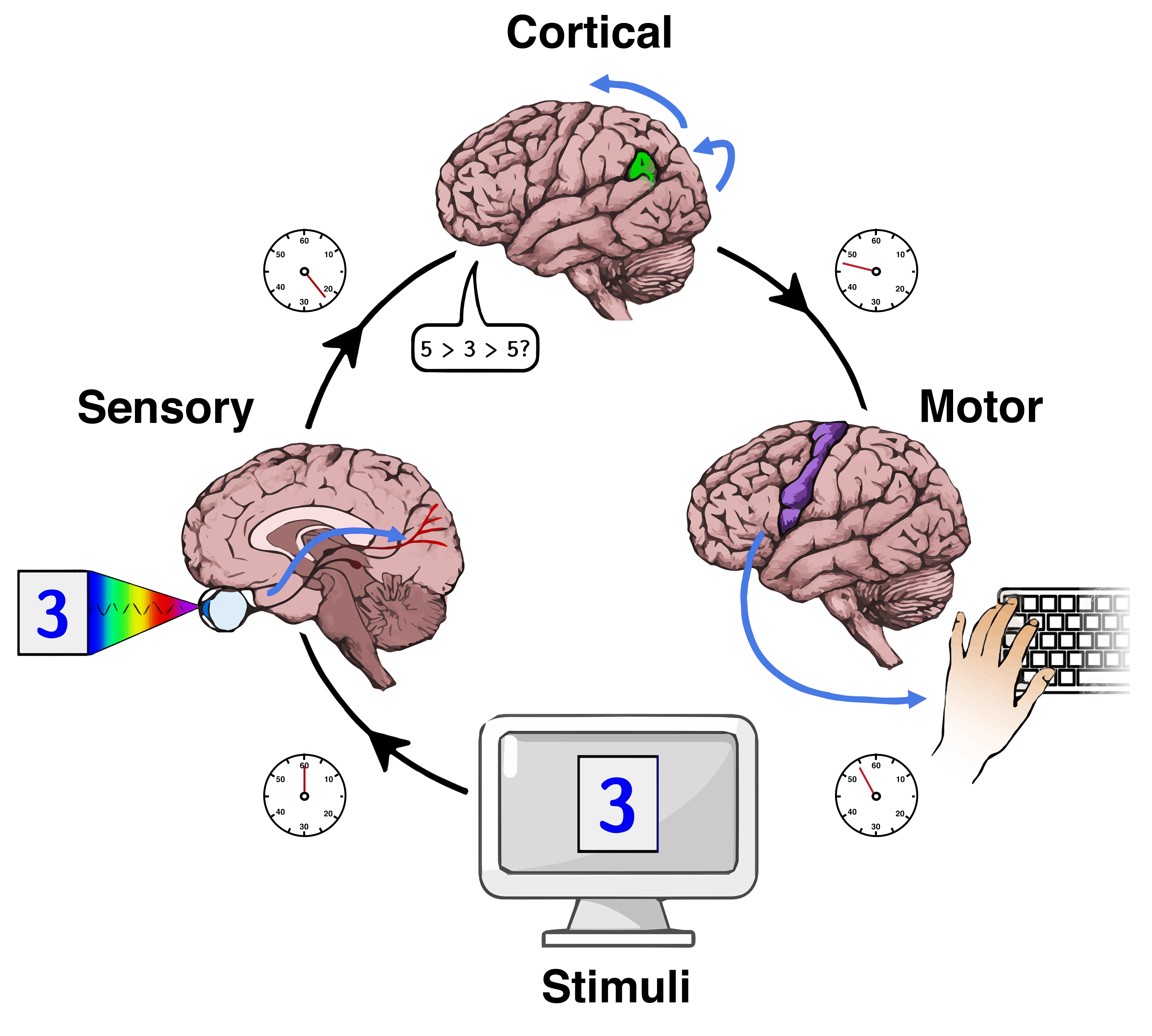
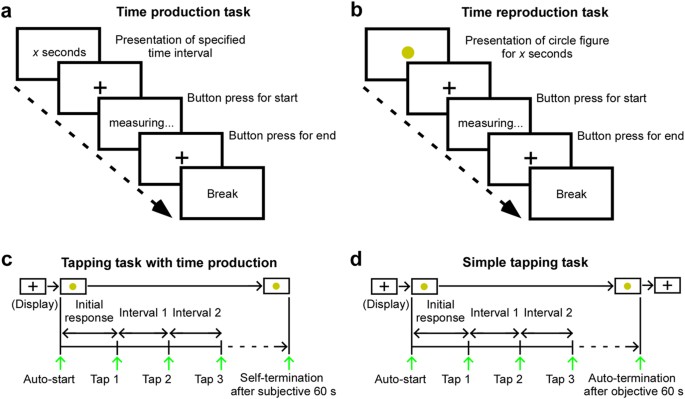
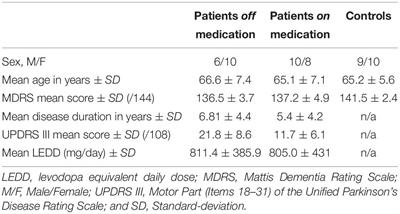

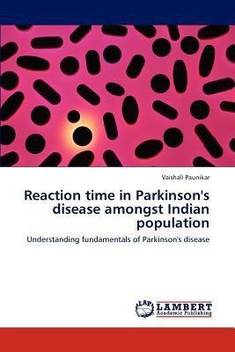
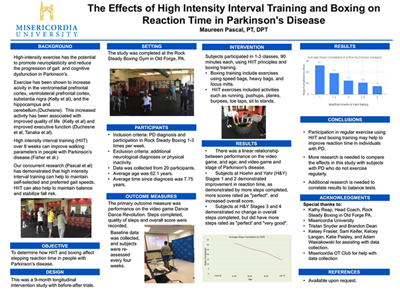

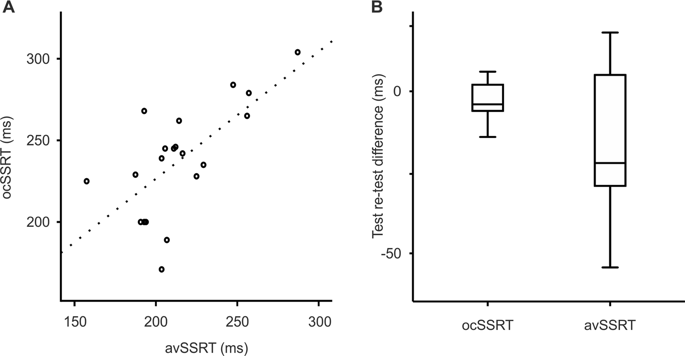
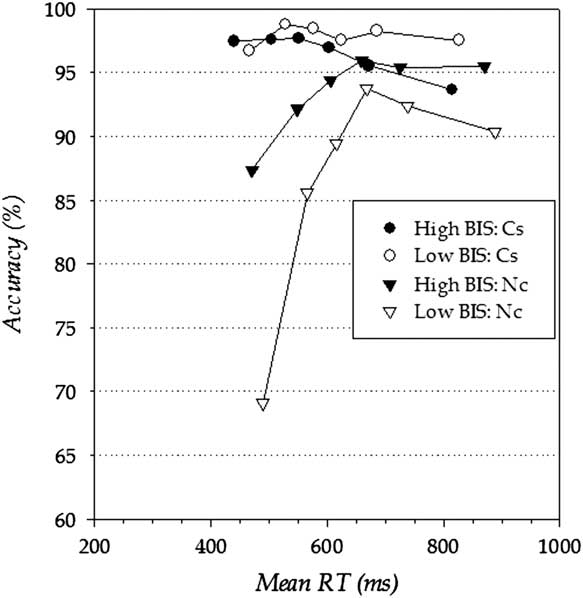



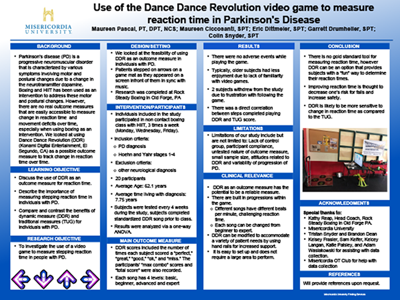
Post a Comment for "Parkinson's Disease Reaction Time"